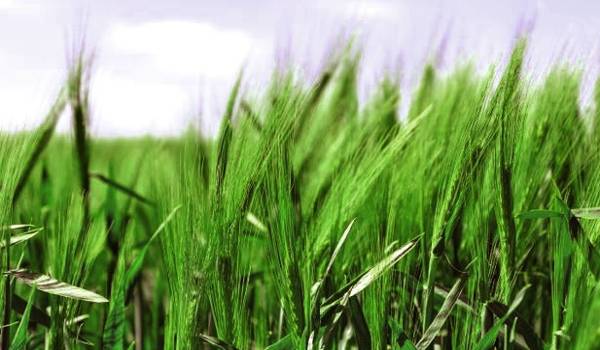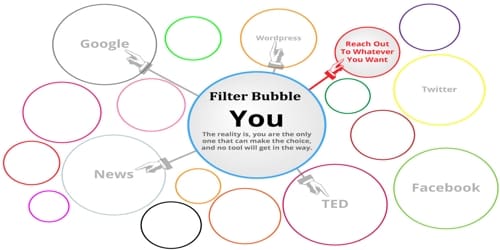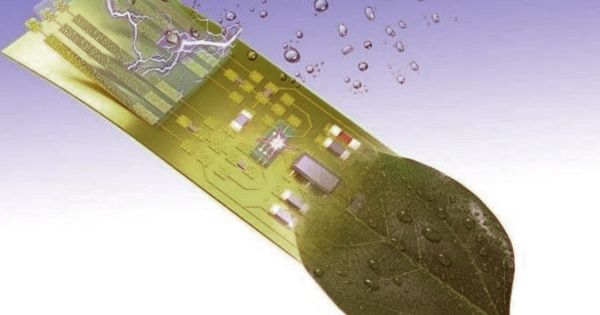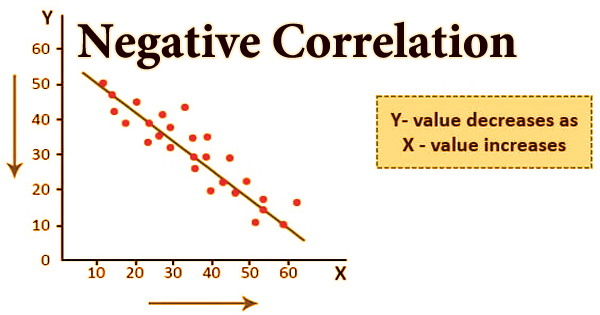According to a new study, ‘precision agriculture,’ in which farmers respond in real time to changes in crop growth using nanotechnology and artificial intelligence (AI), could offer a practical solution to the challenges threatening global food security.
Climate change, rising populations, competing demands for land for biofuel production, and declining soil quality make feeding the world’s population increasingly difficult.
The United Nations (UN) estimates that 840 million people will be hungry by 2030, but researchers have developed a roadmap that combines smart and nano-enabled agriculture with AI and machine learning capabilities that could help to reduce this number.
‘Precision agriculture’ where farmers respond in real-time to changes in crop growth using nanotechnology and artificial intelligence (AI) could offer a practical solution to the challenges threatening global food security, a new study reveals.
An international team of researchers led by the University of Birmingham published their findings today in Nature Plants, outlining the steps required to use AI to harness the power of nanomaterials safely, sustainably, and responsibly:
- Understand the long-term fate of nanomaterials in agricultural environments, such as how nanomaterials interact with roots, leaves, and soil;
- Evaluate the long-term life cycle impact of nanomaterials in the agricultural ecosystem, such as how repeated application of nanomaterials will affect soils;
- Take a systems-level approach to nano-enabled agriculture, such as using existing data on soil quality,
- Use artificial intelligence and machine learning to identify key properties that will influence the behavior of nanomaterials in agricultural settings.
“Current estimates show nearly 690 million people are hungry – nearly 9% of the world’s population,” said study co-author Iseult Lynch, Professor of Environmental Nanosciences at the University of Birmingham. Finding long-term agricultural solutions to this problem will necessitate daring new approaches and the integration of knowledge from various fields, such as materials science and informatics.
“Precision agriculture, which makes use of nanotechnology and artificial intelligence, provides exciting opportunities for long-term food production. We can combine existing nutrient cycling and crop productivity models with nanoinformatics approaches to help crops and soil perform better – safely, sustainably, and responsibly.”

The need to feed the world’s growing population with decreasing agricultural land area, while preserving soil health and protecting environmental quality, is the primary driver of agritech innovation.
Agriculture intensification has resulted in extremely low global NUE, posing a serious threat to environmental quality as large amounts of nutrients are lost to water and air, warming the planet, with agriculture accounting for nearly 11 percent of global greenhouse gas emissions.
The emission of the ‘laughing gas,’ nitrous oxide, as a result of excessive nitrogen fertilization of land, is of particular concern because it is 300 times more potent than carbon dioxide in inducing global warming. The agricultural sector accounts for roughly 70% of anthropogenic source nitrous oxide emissions into the atmosphere.
Nano fertilizers have the potential to target crop fertility, improve NUE, and reduce nitrous oxide emissions, which can help support the UK Climate Change Act’s net-zero greenhouse gas emission targets by 2050.
The research team, which includes experts from the Hellenic Military Academy in Vari, Greece, and Novamechanics Ltd in Nicosia, Cyprus, notes that nanotechnology has the potential to significantly improve agriculture in four ways:
- Increasing production rates and crop yields;
- Increasing soil health and plant resilience;
- Improving resource efficiency, such as fertilizer efficiency, and lowering pollution; and
- Developing smart sensor plants that can alert farmers to environmental stresses.
“Computational approaches including AI and machine learning will play a critical role in driving the progress of nano-enabled agriculture,” said co-author Dr. Peng Zhang, a Marie Sklodowska-Curie Research Fellow at the University of Birmingham. Such approaches are already gaining regulatory acceptance for nanomaterial safety assessment, allowing the development of safe-by-design nanomaterials for consumer products and medicine.
“Integrating AI and nanotechnology into precision agriculture will play a critical role in probing the design parameters of nanomaterials for use in fertilizer and pesticide delivery to ensure minimal impacts on soil health coupled with minimal nanomaterial residues remaining in the edible tissue portions, thereby ensuring safe and sustainable agriculture.”
















